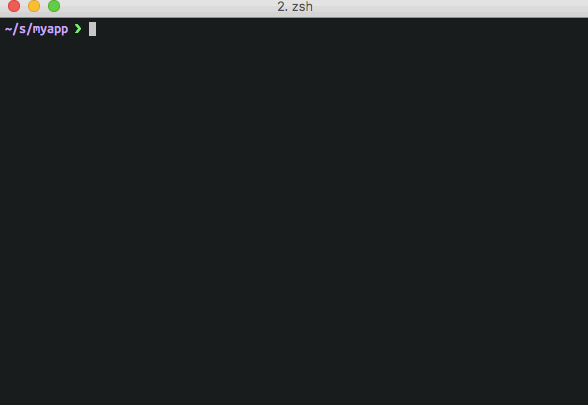Introducing local-repl: Supercharged Node.js REPLs
Today I released local-repl 4, a CLI for running project-specific Node.js REPLs.
The basic idea
local-repl saves you from typing out imports every time you open a new Node.js REPL.
You specify the modules and objects that you want to automatically import in
either package.json or .replrc.js.
local-repl also enables the use of await in the REPL, making it much
more usable when working with functions that return promises.
Features
- Automatically import modules and values into your REPL sessions
- Use
awaitin the REPL without having to wrap your code in async functions - Configure the REPL banner and prompt
Hello world!
Let's say that you have a project using lodash, and you want lodash
available whenever you open a new REPL session.
Install local-repl…
npm install local-repl --save-dev
…and add the following to your package.json.
{
"scripts": {
"repl": "local-repl"
},
"repl": [
"lodash"
]
}
Then run your REPL with
npm run repl
lodash will already be imported and ready to use.

Aliasing imports
You can specify aliases for imports.
{
"repl": [
{"name": "l", "module": "lodash"}
]
}
More magic
Defining your REPL configuration in package.json is convenient, but often you'll want more flexibility. For example, you might want to query for a record in your database and include it in your REPL sessions.
You can define your configuration in a .replrc.js file in the root of your project.
// .replrc.js
const User = require('./myapp/models/User');
module.exports = {
context: {
l: require('lodash'),
utils: require('myapp/utils'),
// NOTE: Promises are automagically resolved!
me: User.getByUsername('sloria'),
}
}
Let's assume User.getByUsername returns a Promise to a User object. local-repl does the right thing and gives you the resolved value in your REPL session.
await support
Normally, using the await keyword in the REPL is clumsy, requiring you
to wrap your calls in one-off async functions.
local-repl allows you to use await without having to create any
wrapper functions.
Just add the following to your package.json:
{
"repl": {
"enableAwait": true
}
}
Or in .replrc.js:
// .replrc.js
module.exports = {
enableAwait: true
}

await in a REPL
External links
- local-repl on GitHub
- local-repl on NPM
- For Pythonistas, I wrote a similar tool called konch
Please send comments by email. I welcome your feedback, advice, and criticism.